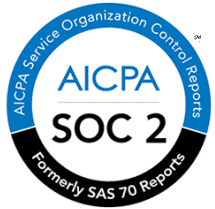From Governance to Ecosystems: Rethinking Data Strategy with Dylan Anderson

When Dylan Anderson advises data teams, the conversation almost never starts with tools. It starts with people.
On this episode of Crunching Data, Dylan shares what separates data teams that are trusted, strategic partners from those that are constantly playing defense.
Strategy starts with prioritization
Most teams confuse “doing a lot” with “having a strategy.” Dylan defines strategy as a framework for deciding what not to do, especially when bandwidth is tight and requests keep pouring in. Without it, teams drown in stakeholder asks and lose sight of what moves the business forward.
Governance is necessary, not just bureacracy
Governance shouldn’t be a slow bureaucratic process. Dylan reframes it as the invisible scaffolding that makes your data team trustworthy. It’s how teams build confidence in what’s being shipped — and how they can make experimentation safe.
Writing as a strategic tool
Dylan’s weekly newsletter "The Data Ecocystem" (read it, it's good stuff) isn’t just content, it’s a forcing function for clarity. He talks about how the act of writing helps him sharpen his thinking, connect dots across teams, and engage with leaders facing similar challenges.
The newsletter also functions as a network amplifier: helping Dylan stay top-of-mind with collaborators, clients, and data professionals looking for a clearer way forward.
Tooling should follow strategy, not lead it
Too many teams start with a shiny tool and try to back into a use case. Dylan recommends flipping that: start with a problem worth solving, and only then explore tooling options, if you can’t solve it with what you already have.
AI is a team sport
From LLMs to predictive models, AI projects only work when cross-functional teams are aligned. Dylan emphasizes narrative ownership, data teams should help stakeholders believe the results, not just present them. That means investing in soft skills, not just modeling.
Watch the Podcast above or here
New episodes drop bi-weekly. Subscribe to our newsletter Sync or Swim to make sure you're getting them.
Until next time.

.svg)











